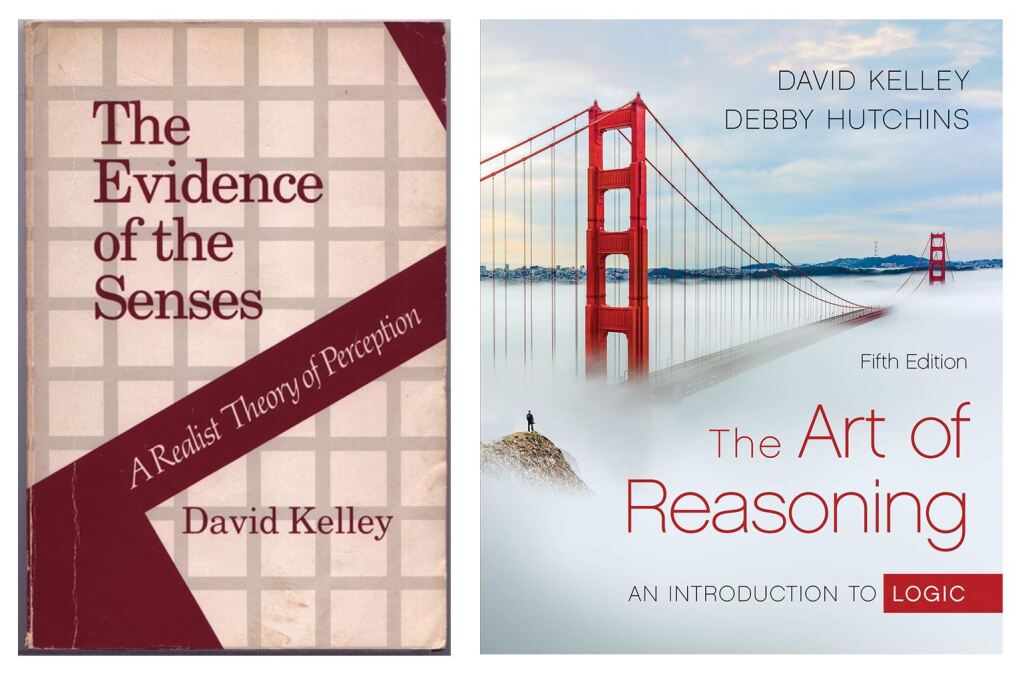Philosopher David Kelley (Ph.D., Princeton) is author of The Evidence of the Senses, A Realist Theory of Perception (LSU, 1986), a work on foundational issues in epistemology, and The Art of Reasoning: An Introduction to Logic (W.W. Norton, 1st edition 1990, 5th edition 2020), a widely used textbook.


He has published a new essay, “Concepts and Propositions” (2024). From Kelley’s abstract: “My paper focuses on two core issues:
“Unity: A proposition is composed of components in a specific structure. The proposition that dogs are animals is built from the concepts DOG and ANIMAL, but it has a unity as the content of a complete thought, expressed in a complete sentence. What explains this unity in this combination of concepts?
“Truth: Philosophers who believe knowledge is about reality often define truth as correspondence to facts. That theory, however, has been difficult to defend or even to state clearly due to challenges in understanding two key concepts: facts, as what true propositions correspond to, and correspondence, as the relation between them. How can this issue be resolved?
“I provide new answers to both questions …”
A summary of the essay’s seven key themes is here. Recommended for those interested in technical issues in cognition.
Related: My review of Kelley (1986):